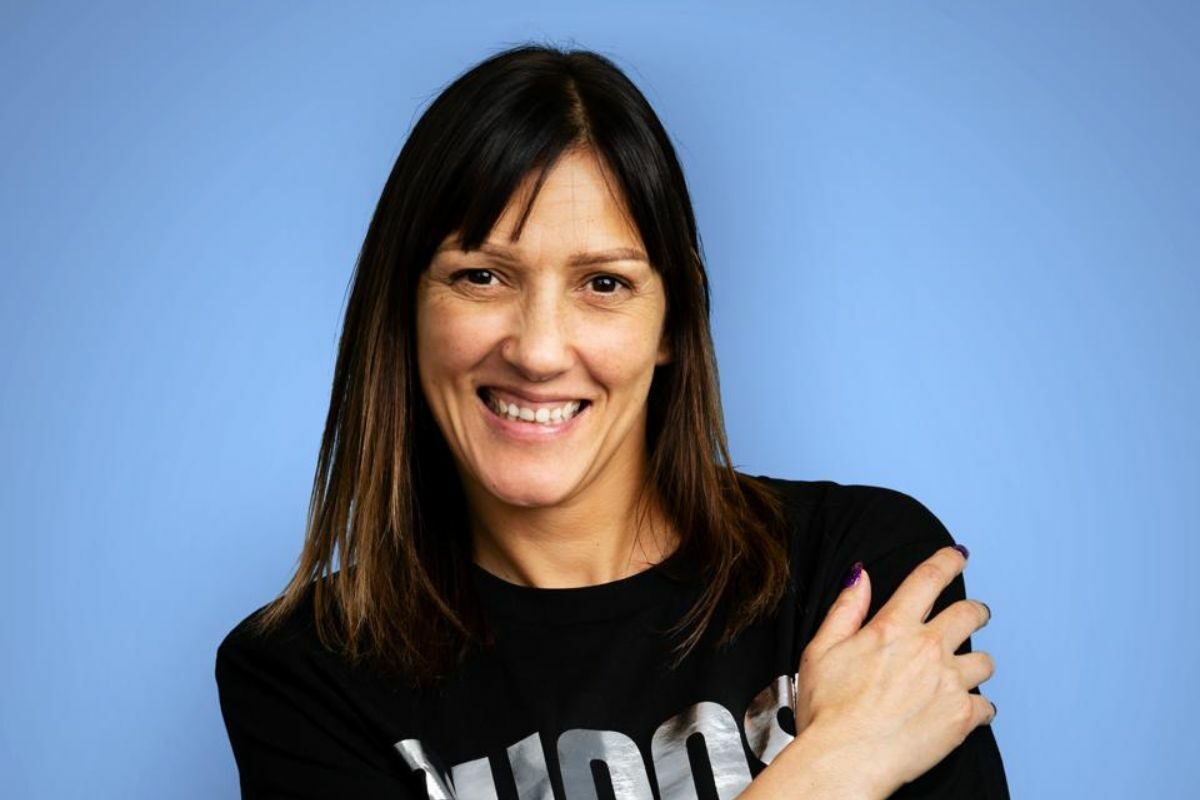‘Nationwide upskilling scheme key to redressing STEM gender balance’ says Circus St on National STEM Day

With National STEM Day taking place on 8th November, Sarah Gilchriest, Global COO at Circus Street, said:
“Despite receiving a lot of attention in recent years, the gender gap in STEM subjects remains high. Only around 35% of graduates are women – a figure that has remained largely unchanged for the past five years. When you break it down to subjects such as computer science and engineering and technology the statistics are even worse – 16% of graduates are women. STEM Day is the perfect time for us to reflect on why there is such underrepresentation and consider how we can do more to redress the balance. What is clear is that the current approach isn’t working.
“The lack of women taking on STEM subjects is cited as the number one reason there is such a gender imbalance in the UK’s tech industry. Only one in four people who work in the startup scene are women, with the number of female tech CEOs and founders depressingly low. There is an element of chicken and egg. How can young women and other underrepresented groups see themselves pursuing careers in tech or engineering if these industries look overwhelmingly male and white? On the other hand, how can we address diversity issues if there aren’t enough qualified people?
“The reality is that we all make incredibly important career choices, usually without realising it, at a very young age when we choose what subjects to study in school. In fact, the factors that influence our choices are often engrained at an even earlier age. I’ve recently had first-hand experience of this when I talked to my 13-year-old daughter about what career she might like to have. She has already made many sweeping judgments about what she does and doesn’t want to do. In all likelihood she will change her mind as she learns more, however, many young people stick to their guns or simply do not learn enough in time to challenge their own decisions. Consequently, a lot of people end up set on certain career paths in their teenage years. By the time we realise what we actually want to do it can seem too late or difficult to change course.
“However, blaming the education system isn’t going to solve the problem nor is it the full story. There is actually a lot more businesses can do to improve diversity and consequently encourage women and other underrepresented groups to study STEM subjects with a view to working in the tech industry. A major way this can be achieved is through a nationwide upskilling scheme.
“Upskilling offers people a second chance to develop their career in the direction they want without the cost and impracticality of going back into full-time education.
“People can be guilty of thinking of upskilling as simply learning a new trade. It’s not just that – it’s about giving people the skill sets, mindsets and behaviours that they need to develop a huge range of skills applicable to different circumstances. It’s a continuous and nuanced process. We aren’t necessarily talking about training legions of fully-fledged data scientists, for example, we’re saying that we need to give everybody basic data skills so they can apply this knowledge to their own professional circumstances. These individuals may go on to learn coding, marketing or IT skills that combine to make them a highly skilled worker in their field.
“In essence, through upskilling, individuals can replicate the core skills businesses look for from STEM graduates. If we applied upskilling nationwide via businesses we would give everybody an opportunity to develop into the careers they want. It will inevitably mean more women and other underrepresented groups will be able to get into the tech industry. If young students see people that look and sound like them in the tech industry they will be more likely to consider it a real option and choose subjects to meet that ambition.”











Responses